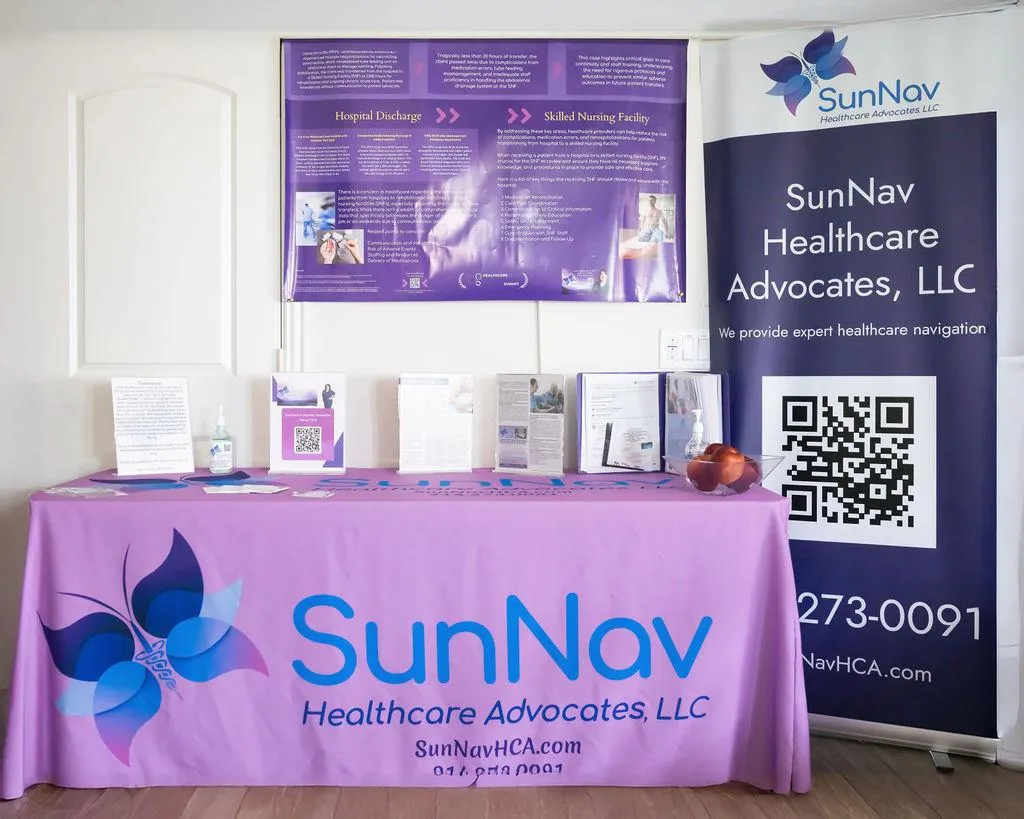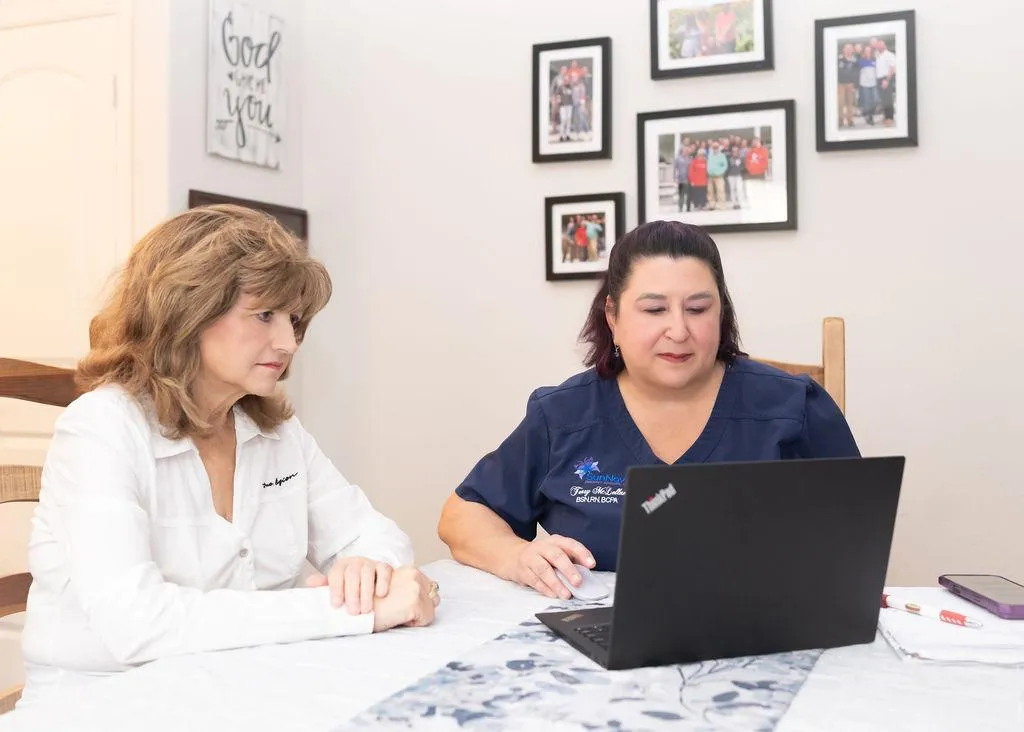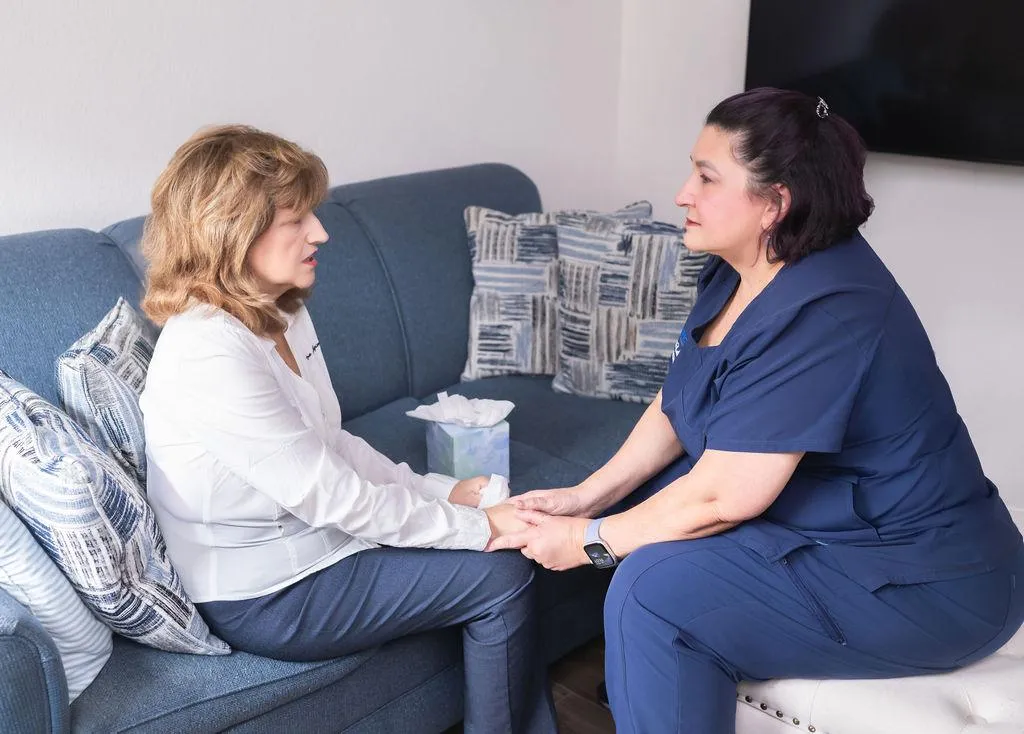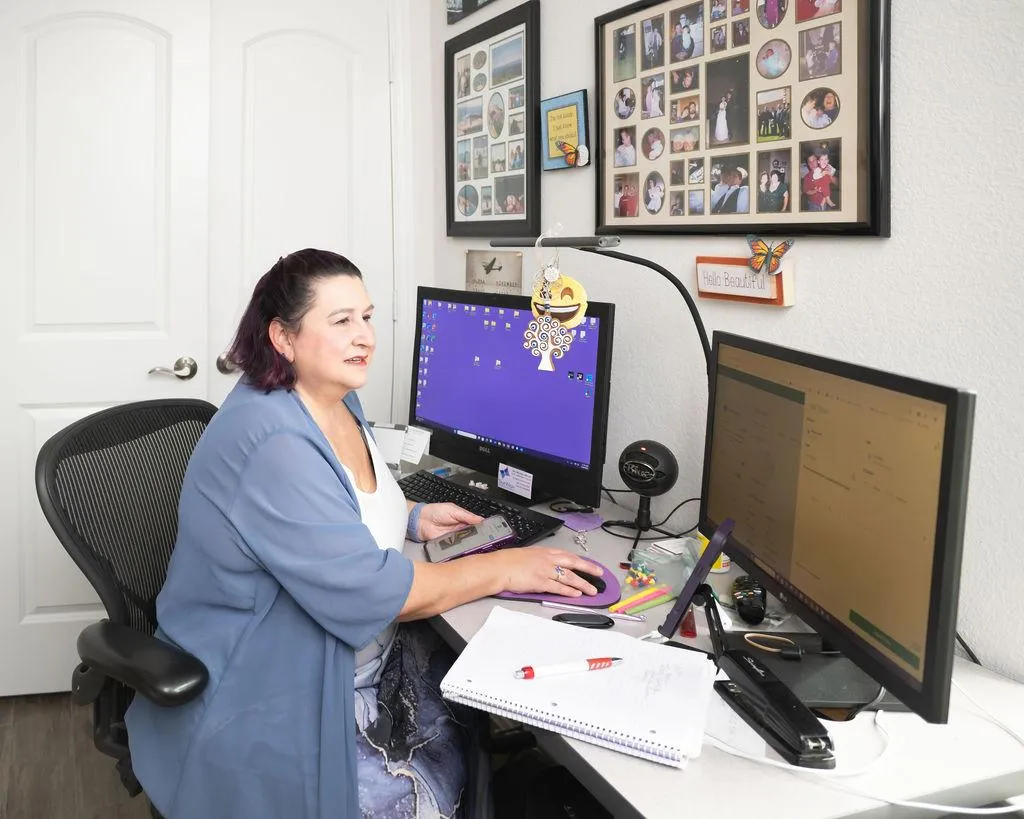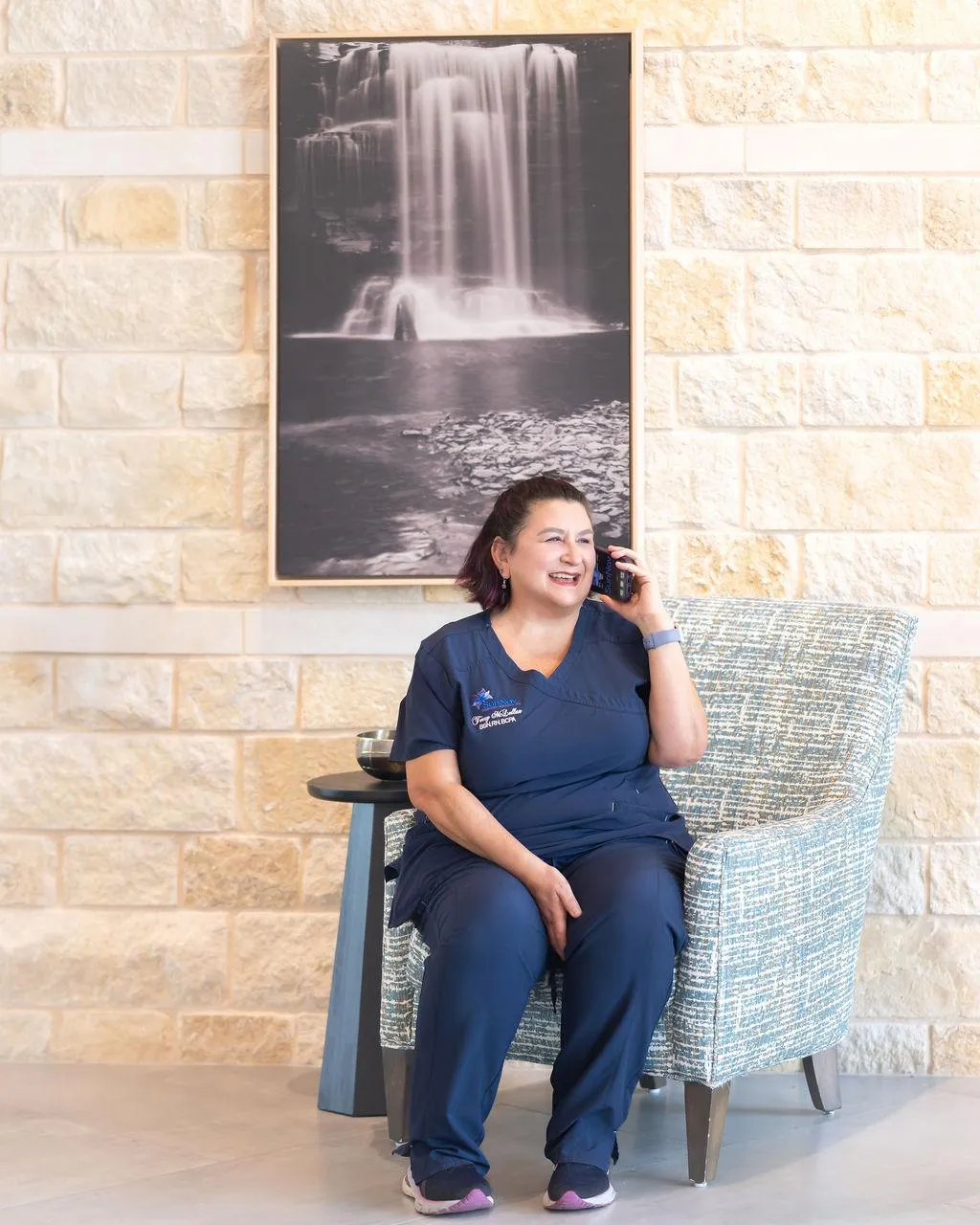Struggling in a healthcare crisis? Click here now →

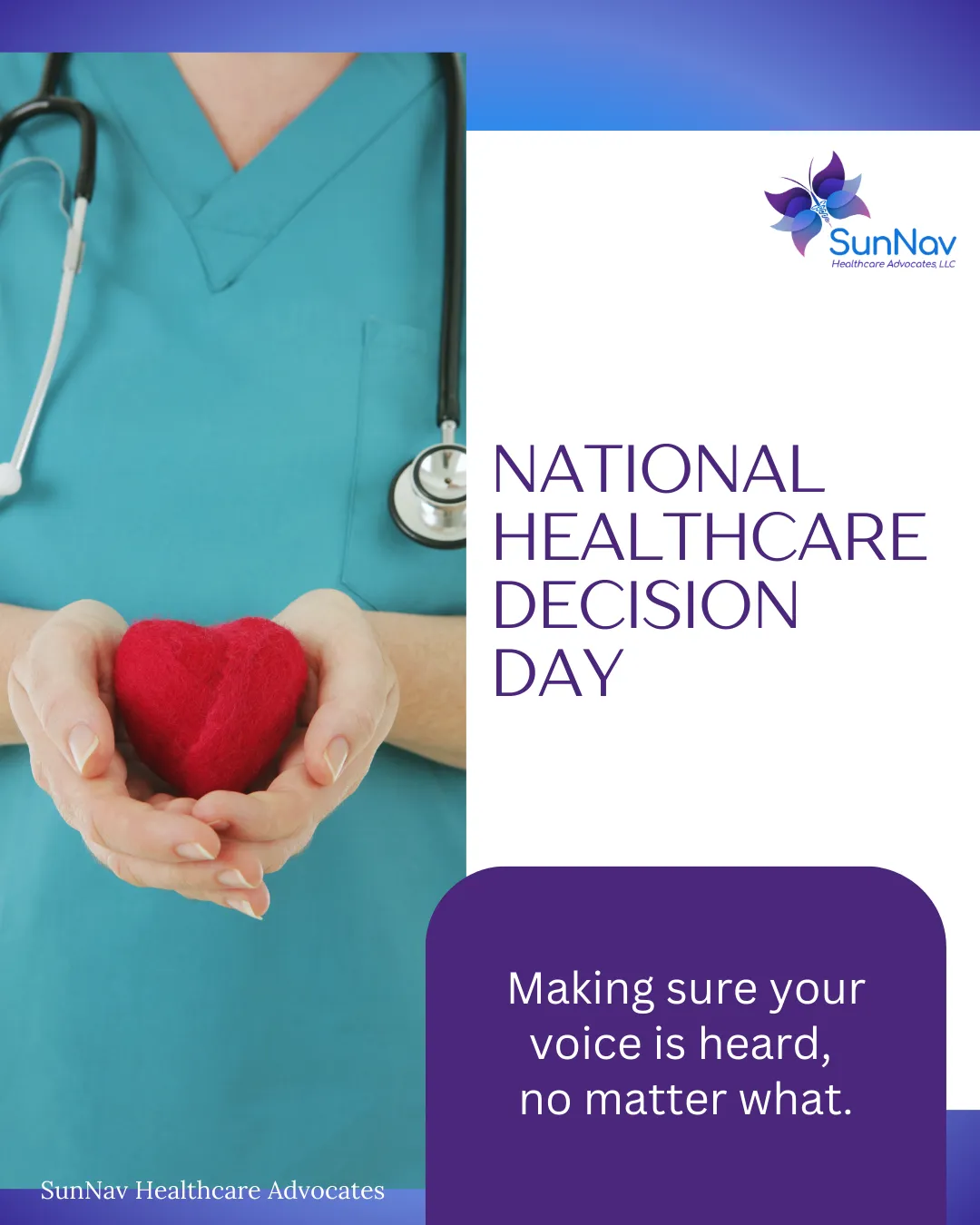
Why National Healthcare Decision Day Matters — And What You Can Do Today to Protect Your Healthcare Choices
Why National Healthcare Decision Day Matters — And What You Can Do Today to Protect Your Healthcare Choices
Life can change in an instant.
One moment you’re going about your day—running errands, working, enjoying time with family—and the next, you’re in a hospital room facing unexpected decisions you never prepared for.
In those moments, the last thing anyone wants is uncertainty.
Not for you.
Not for the people who love you.
Not for the professionals trying to provide the best care possible.
That’s why National Healthcare Decision Day (NHDD) exists.
Observed every year on April 16th, NHDD is a nationwide initiative that encourages people to plan ahead for their healthcare. It’s a reminder that your voice deserves to be heard—especially when you may not be able to speak for yourself.
Whether you're 25 or 85, healthy or managing a chronic condition, advance care planning matters. It’s about ensuring your medical wishes are known, respected, and legally documented so that no one has to guess in a time of crisis.
In this blog post, we’ll explore:
Why these conversations are so important
What an Advance Directive really includes
How to begin—even if you feel overwhelmed
And how patient advocates like those at SunNav Healthcare can support you through the process
Because taking time to plan today could be the most powerful healthcare decision you ever make.

Why Healthcare Decisions Matter More Than Ever
We live in a world where medical crises can unfold in the blink of an eye—from car accidents to sudden illness to life-changing diagnoses. And when they do, the burden often falls on loved ones to make fast, high-stakes decisions—without knowing what you would have wanted.
This isn’t just stressful—it can be emotionally devastating.
Families are frequently forced to navigate the impossible:
“Would they want to be kept on life support?”
“Did they want everything done, or would they want comfort-focused care?”
“Who’s legally allowed to make that decision?”
When those answers aren’t clear, the result can be confusion, disagreement, delayed care, and deep emotional pain for the people trying to honor your wishes.
Even healthcare providers—despite their training and good intentions—can only act on the information they have. Without clear documentation, your care may be guided by default hospital policies or state laws, not your values.
And it doesn’t only apply to older adults or those with chronic illness.
Advance care planning is just as essential for:
Young adults heading off to college or starting careers
Parents who want to protect their families from future uncertainty
Anyone who simply wants to have a say in how they’re treated during a medical emergency
Planning ahead isn’t pessimistic—it’s powerful.
It ensures that your care reflects your choices, not assumptions. It relieves your loved ones from making impossible calls. And it gives everyone involved peace of mind when it matters most.

What Is an Advance Directive? (And What It Isn’t)
If the phrase “advance directive” makes you think of a long, complicated legal document—don’t worry. It’s actually much simpler than most people realize.
An Advance Directive is a written statement that outlines your healthcare preferences in the event that you’re unable to communicate them yourself. It ensures that your values and wishes guide your care, no matter the situation.
There are two main components of an advance directive:
✔️ Living Will
This document outlines what kinds of medical treatment you would (or would not) want under specific circumstances—like being in a coma, on a ventilator, or facing end-of-life decisions.
✔️ Healthcare Proxy (or Durable Power of Attorney for Healthcare)
This names a trusted person—your healthcare agent—to make decisions on your behalf if you're unable to. This could be a spouse, family member, friend, or anyone you trust to honor your wishes.
Other elements you may include in an advance care plan:
Do Not Resuscitate (DNR) or Do Not Intubate (DNI) orders
Preferences around organ donation
Statements about spiritual or cultural values that impact care
POLST/MOLST forms for people with serious illness
❌ What It’s Not:
It’s not just for the elderly or terminally ill.
It’s not a financial document (that’s a separate power of attorney).
It’s not one-size-fits-all—you get to define what matters most to you.
3 Powerful Reasons to Create Your Advance Directive Now
Even if you’re healthy, young, or not sure where to begin, creating an advance directive is one of the most empowering things you can do. Here’s why:
1. It Protects Your Voice and Autonomy
You deserve to have a say in what happens to your body. An advance directive ensures your voice is heard—especially when you’re not able to speak.
2. It Reduces the Burden on Your Loved Ones
Without a plan, your family may be forced to make heartbreaking choices without knowing what you would want. Planning ahead gives them peace of mind and prevents unnecessary conflict or guilt.
3. It Helps Your Healthcare Team Deliver the Right Care
When your preferences are clearly outlined, doctors and nurses can focus on delivering care that aligns with your goals and values—not just protocols.

How to Start the Process—Even If It Feels Overwhelming
Taking the first step is often the hardest part. But starting small is still starting. Here’s how to begin:
Step 1: Reflect on What Matters to You
What kind of care would you want in a life-threatening situation? Would you want to prolong life at all costs—or prioritize comfort and dignity?
Step 2: Choose a Healthcare Proxy
Select someone you trust who understands your values and will advocate for your choices—especially if emotions are high.
Step 3: Put It in Writing
You can often download free advance directive forms specific to your state. Or, better yet, work with a patient advocate or attorney who can guide you through the process.
Step 4: Share Your Plan
Talk with your loved ones. Give a copy to your proxy, your doctor, and anyone else involved in your care. Don’t keep it hidden in a drawer.
You don’t have to do this alone. At SunNav Healthcare Advocates, we help individuals and families walk through each step with clarity and compassion.
How a Patient Advocate Can Help
Navigating healthcare decisions is tough enough when everything’s going smoothly—let alone during a crisis. That’s where we come in.
As patient advocates, we:
Explain your options in plain language
Help you complete and file legal forms
Support you during hospital stays or transitions
Act as an extra set of eyes, ears, and heart when you need it most
At SunNav Healthcare, we believe you should never have to make critical decisions without clarity, confidence, and support. Whether you’re planning ahead or facing a current health event, we’re here to empower you every step of the way.

Final Thoughts: Empowerment Through Planning
National Healthcare Decision Day isn’t just another date on the calendar.
It’s a call to action—a reminder that your healthcare choices deserve to be seen, heard, and honored.
So take the time. Ask the questions. Make the plan.
Your future self—and your loved ones—will thank you for it.
💬 Ready to get started?
We’re offering free 30-minute consultations this month to help you take the first step.
Reach out to SunNav Healthcare Advocates and let’s protect your voice—together.
Disclaimer: We do not provide legal or financial advice. For such matters, please consult with a licensed professional. Referrals are available upon request but do not constitute an endorsement.
Note: We have been approved to bill Traditional Medicare as of 6/16/2025

